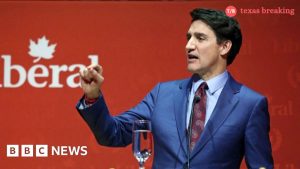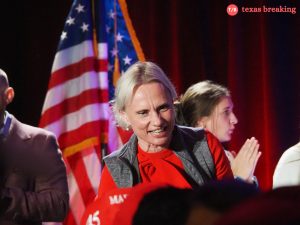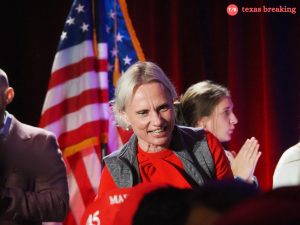In a shocking twist in Canadian politics, Prime Minister Justin Trudeau is under intense scrutiny following the unexpected resignation of his Finance Minister, Chrystia Freeland. The departure has sparked a political crisis, raising questions about Trudeau’s leadership amidst a backdrop of economic challenges and pressure from opposition parties.
Freeland’s Resignation Shakes Trudeau’s Government
Chrystia Freeland announced her resignation on Monday, citing fundamental disagreements with Trudeau over how to handle economic policies and the U.S. government’s tariff threats. Freeland’s resignation letter criticized Trudeau’s approach, stating she preferred to focus on action rather than political distractions.
- Freeland had been a key member of Trudeau’s cabinet since he first took office in 2015.
- Her departure is seen as a significant loss for Trudeau, whose government is already grappling with declining approval ratings.
- Opposition parties, including the Conservatives and New Democrats, have called for Trudeau’s resignation.
- Experts believe Freeland’s resignation could push Trudeau toward a tougher challenge in upcoming elections.
What Sparked This Latest Crisis?
The conflict between Freeland and Trudeau intensified over how to respond to proposed tariffs from President-elect Donald Trump. Trudeau’s strategies, according to Freeland, seemed more focused on political show rather than effective economic solutions.
- Trump has threatened to impose steep tariffs, which adds to the pressure on the Canadian economy.
- Freeland argued that these tariffs could severely impact Canadian businesses, advocating for proactive measures instead.
- Her public disagreement with Trudeau over this issue led to her abrupt decision to step down.
Can Trudeau Hold On to Power?
With internal divisions growing, Trudeau’s political future looks uncertain. His approval rating has plummeted from 63% when he was first elected to around 28% now. The looming question is whether he can rally his party and maintain control before the next federal election, which must occur by October 2024.
- At least seven Liberal MPs have openly suggested that Trudeau should resign.
- Political analysts warn that continued low ratings may lead to the end of his time as Prime Minister.
The Impact on Canada’s Future
Freeland’s resignation signals deeper issues within Trudeau’s government. The Liberal Party has faced multiple by-election losses, and now with Freeland gone, there are doubts about Trudeau’s ability to navigate the coming months and effectively address the economic challenges.
- Trudeau appointed Dominic LeBlanc as the new Finance Minister shortly after Freeland’s resignation.
- LeBlanc faces the daunting task of restoring confidence in a government that appears fragile.
- As criticism mounts from opposition leaders, the pressure for timely and effective governance has never been greater.
This turbulent episode in Canadian politics illustrates how quickly fortunes can change. Trudeau’s once-bright future shines dimmer as he grapples with significant pressures from both within his party and external forces. The coming days will be crucial for Trudeau as he attempts to stabilize his leadership and address the concerns of Canadians.





